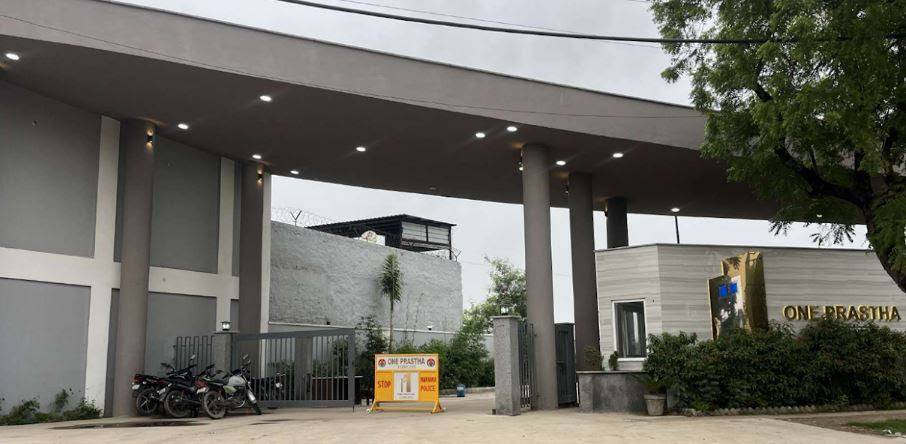On August 15th, we informed that MHADA 2024 lottery has taken an unfortunate turn as scammers have exploited the system, creating a fake website to deceive hopeful applicants. This scam has caused significant distress among those dreaming of owning a MHADA home, prompting the housing authority to take swift action.
In a significant development, Mumbai Crime Branch’s cyber police arrested two men for allegedly creating a fake website resembling the Maharashtra Housing and Area Development Authority (MHADA) portal.
The Deceptive Operation
The perpetrators, identified as Kalpesh Sevak and Amol Patel, orchestrated the scheme by creating a counterfeit version of the MHADA website. Kalpesh Sevak, the mastermind behind the website's creation, has a prior record of cheating; he was previously involved in a similar scam registered in 2015 at Bhoiwada police station. In that case, he promised people flats and defrauded them of their money. This time, he collaborated with Amol Patel, who posed as a MHADA officer, adding a layer of credibility to their deceitful operation.
The fake website was almost indistinguishable from the official MHADA website, complete with a payment gateway designed to trap people eager to secure a home through the housing lottery. MHADA’s lottery scheme is highly anticipated each year as it offers a chance for citizens to buy homes at significantly discounted rates. The 2024 lottery details were recently published on MHADA’s official website, an opportunity that the accused saw fit to exploit.
How the Scam Unfolded?
The modus operandi involved not just the website but also a network of individuals posing as agents. These "agents" would approach potential buyers, convincing them that they could secure a MHADA flat at a lower price. They would then direct these buyers to Amol Patel, who would masquerade as a MHADA officer, further convincing them of the legitimacy of the offer.Once the victims were convinced, they were asked to make payments through the fake website’s payment link.
One of the first complaints arose when a victim realized he had been duped out of ₹50,000. This complaint, filed by MHADA officials at the BKC police station, led to a broader investigation, revealing that the total fraud might exceed ₹50 lakh, with the possibility of the amount escalating as the investigation progresses.
Police Action and Ongoing Investigation
Upon receiving the complaint, the cyber police unit of the Mumbai Crime Branch launched an investigation. They were able to trace the fraudulent website back to Kalpesh Sevak, who was arrested shortly thereafter. During interrogation, Sevak revealed the involvement of Amol Patel, leading to his subsequent arrest. Both accused were presented in court and have been remanded to police custody until August 24, 2024.
The police believe that this scam could involve more individuals and are continuing their investigation. They are also working on tracing the funds and identifying all victims who may have fallen prey to the scam. The police have urged anyone who suspects they have been defrauded by this or similar schemes to come forward and report the crime.
The Broader Impact and Cautionary Measures
This incident highlights the increasing sophistication of cyber crimes, particularly those targeting people’s aspirations and necessities. Housing is a significant need, and schemes like the MHADA lottery are a beacon of hope for many looking to own a home in a city like Mumbai, where real estate prices are among the highest in the world. The allure of getting a home at a lower price made many individuals vulnerable to this scam.
The MHADA lottery, which is a legitimate process, now faces the challenge of restoring public confidence. MHADA officials have reiterated the importance of verifying the authenticity of websites and agents before making any financial transactions. They have also increased their vigilance to prevent such incidents from occurring in the future.
Authorities have advised the public to always use official websites and channels for any transactions related to government schemes. Furthermore, they suggest that people be wary of deals that seem too good to be true and to report any suspicious activities immediately.
The ongoing investigation will likely uncover more about the extent of this fraud and the number of victims involved. The efforts of the Mumbai Crime Branch in apprehending these criminals are commendable, but the broader fight against cyber crime is ongoing and will require continued vigilance from both authorities and the public alike.









.png)